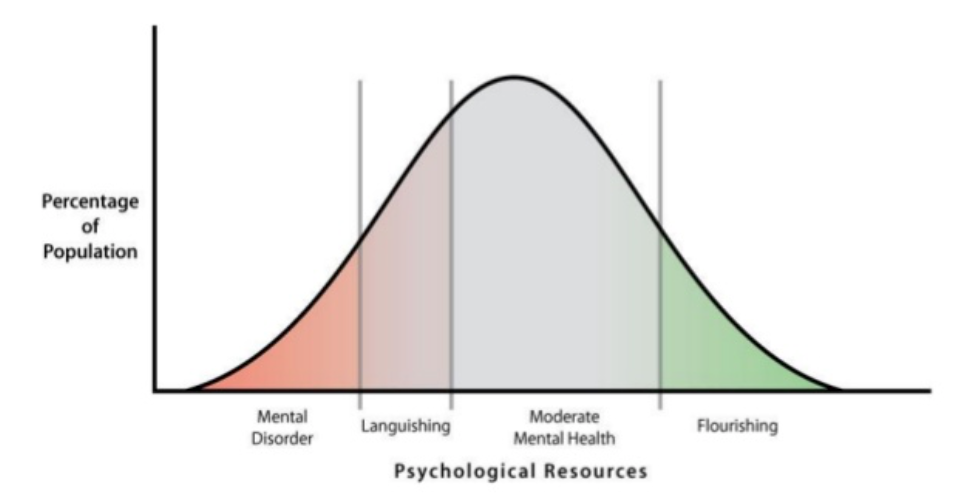The last 12 months have been challenging for everyone’s wellbeing. How are you feeling? Great or a bit blah?
Teams are struggling at the moment due to the consistent changes, uncertainty and chronic overwork and stress. As a profession we are used to just pushing through when times are tough. We do the hard work and put in extra hours when it’s needed. We sprint when we need to. However, the sprint that was the chaos and uncertainty of early 2020 has become a marathon. That marathon has now become an ultramarathon in 2021 and you can’t just push through the workload and chaos like you normally do.
Elite athletes train, perform and rest to recover. How do teams rest, recover and recharge when they are fully booked and overworked every single shift? It’s not the practice owner’s fault. There has been a significant increase in demand in the last 12 months.
How do you feel going into practice every day knowing there’s no capacity in the schedule to fit in the emergencies and cases that need to be seen that day. Are you starting to dread each day knowing you can’t get a break? That you can’t just sit and think about a case. That you can’t even get peace in the toilet as you are thinking about everything that needs to be done.
The chronic stress and overwork reduces wellbeing and takes a toll on physical, emotional, cognitive and mental health. I make this important point all the time in my talks. The absence of mental illness doesn’t mean you’re mentally healthy.
If you’re feeling a bit meh, you may be languishing.
‘It wasn’t burnout — we still had energy. It wasn’t depression — we didn’t feel hopeless. We just felt somewhat joyless and aimless. It turns out there’s a name for that: languishing. Languishing is a sense of stagnation and emptiness. It feels as if you’re muddling through your days, looking at your life through a foggy windshield. And it might be the dominant emotion of 2021.’
Languishing is defined as low wellbeing and no mental illness. You can see it here in Felicia Huppert’s Mental Health Spectrum below. In my talks I discuss how life throws you curve balls. That’s just life, right? Divorce, death, bankruptcy, illness, job loss to name a few. These curve balls have an impact on your mental health and move you to the left of the curve. The other thing that does this is chronic stress. If you don’t have strategies to cope with the stress and the ability to recover from adversity, you can develop a mental illness. This is why languishing and low wellbeing is a concern.
For veterinary teams that are chronically overworked & chronically stressed, now is the time to rest, recover, take holidays and take a break. To rest your body and brain that’s worked so hard in the last 12 months. Your wellbeing is a core component of your mental health and you need to prioritise it. Read about the Key 5 in my wellbeing series.
I know you feel that you can’t take a break as there isn’t enough people to cover the shifts. But if you don’t rest and recharge, you will become physically and mentally unwell. Your health and wellbeing is important.
Read Adam Grant’s post here that inspired this post.
Natasha Wilks






